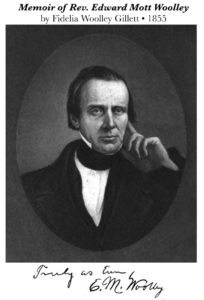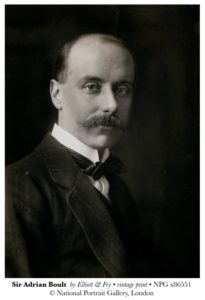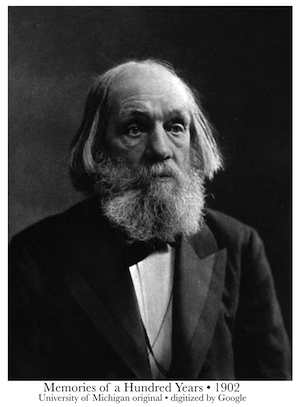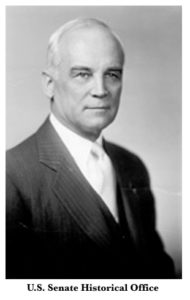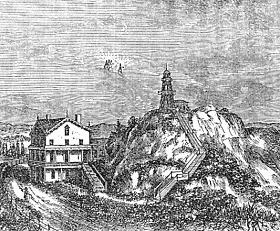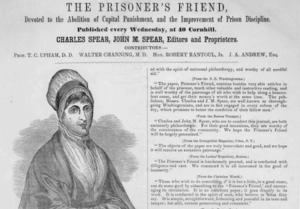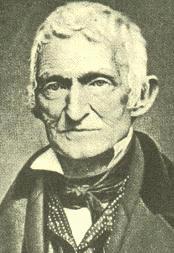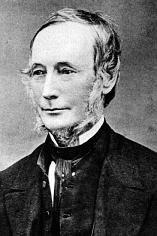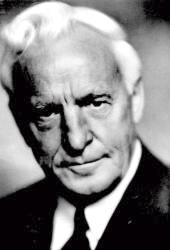Biography
Gribble, Lincoln Ashton
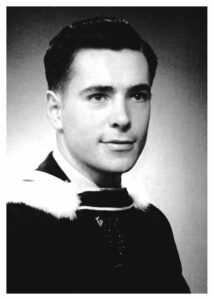 Lincoln Ashton Gribble (March 12, 1930-August 8, 2012) came from a family long associated with Unitarianism. From an early age he harbored the desire to become a Unitarian minister, a goal he finally reached after schooling at Manchester College in Oxford, England.…
Lincoln Ashton Gribble (March 12, 1930-August 8, 2012) came from a family long associated with Unitarianism. From an early age he harbored the desire to become a Unitarian minister, a goal he finally reached after schooling at Manchester College in Oxford, England.…
Thoreau, Henry David
Henry David Thoreau (July 12, 1817-May 6, 1862) was a person of many talents and interests: surveyor, pencil-maker, naturalist, lecturer, schoolteacher, poet, anti-slavery activist, and spiritual seeker, to name but a few. He is best known as a member of the Transcendentalist circle of writers and religious radicals, and author of numerous books and essays, especially Walden and “Resistance to Civil Government,” better known as “Civil Disobedience.”…
